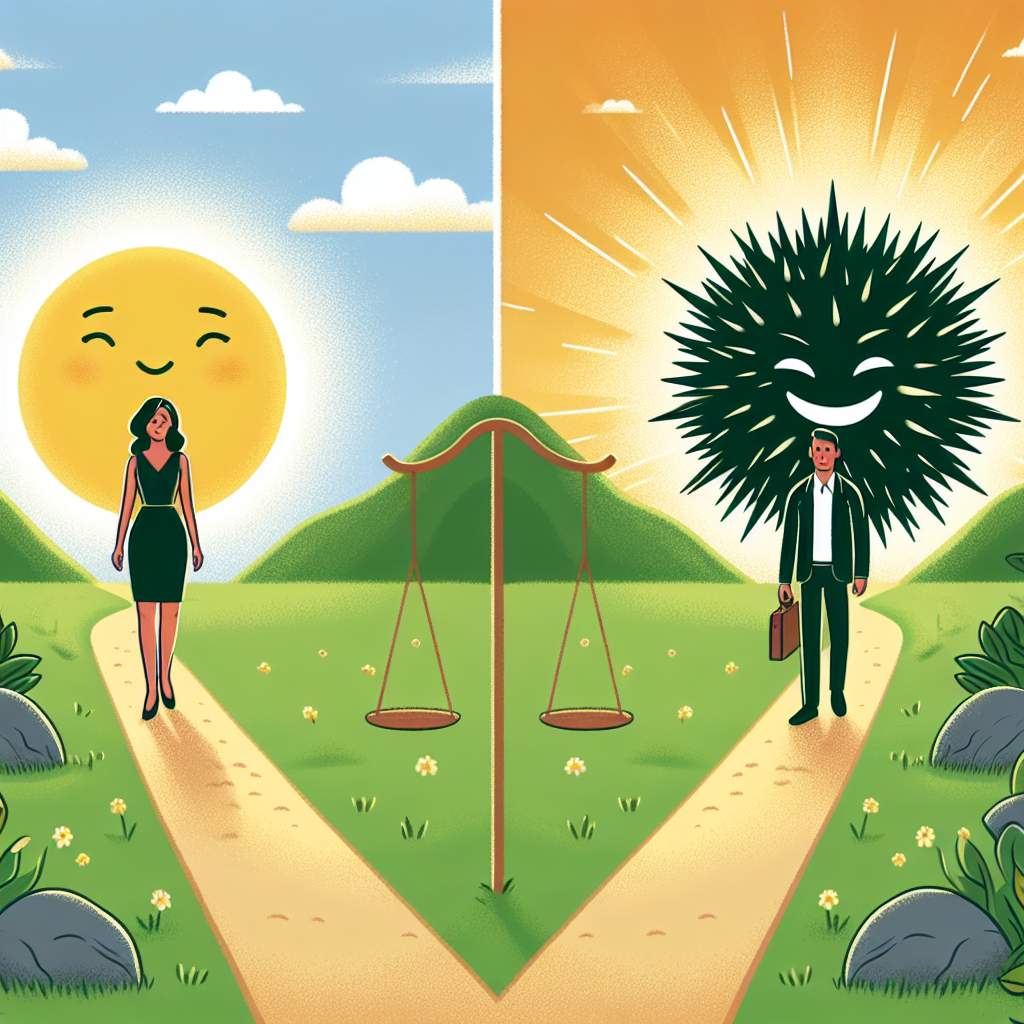In today’s fast-paced and often stressful world, many people strive to maintain a positive outlook on life. Positivity can have numerous benefits, including improved mental and physical health, better relationships, and increased self-esteem. However, there is a fine line between genuine positivity and what has come to be known as “toxic positivity.” It is important to understand this distinction in order to navigate the complexities of human emotions and relationships effectively.
What is Toxic Positivity?
Toxic positivity is the belief that people should maintain a positive attitude no matter what, even in the face of challenging circumstances. While positivity in itself is not inherently harmful, toxic positivity can be damaging when it dismisses or invalidates genuine emotions and struggles. This phenomenon can take many forms, such as telling someone to “just be happy” or “look on the bright side” without acknowledging their pain or offering genuine support.
The Dangers of Toxic Positivity
Toxic positivity can have negative effects on individuals’ mental and emotional well-being. When people feel pressured to suppress their negative emotions or put on a facade of happiness, they may experience increased stress, anxiety, and feelings of isolation. This enforced positivity can also prevent individuals from processing their emotions in a healthy way, leading to unresolved issues and long-term psychological consequences.
Furthermore, toxic positivity can strain relationships and erode trust. When someone consistently dismisses or minimizes another person’s feelings, it can create a sense of invalidation and undermine the trust between them. This can lead to communication breakdowns, resentment, and ultimately, the deterioration of the relationship.
Navigating the Fine Line
Navigating the fine line between positivity and toxic positivity requires mindfulness, empathy, and authenticity. It is important to acknowledge and validate all emotions, both positive and negative, without judgment or criticism. By creating a safe space for people to express themselves honestly, we can foster a sense of understanding, connection, and trust.
One way to practice healthy positivity is to practice active listening and empathy. Instead of dismissing someone’s feelings or offering quick-fix solutions, take the time to hear their perspective, validate their emotions, and offer your support. This can help build stronger relationships based on trust, respect, and genuine care.
It is also essential to cultivate self-awareness and self-compassion. By acknowledging and accepting our own emotions, we can develop a healthier relationship with ourselves and others. Instead of forcing ourselves to be positive all the time, we can practice self-care, self-compassion, and self-acceptance, even in the face of adversity.
FAQs about Positivity and Toxic Positivity
Q: Is it wrong to be positive all the time?
A: While positivity can have many benefits, it is important to acknowledge and validate all emotions, both positive and negative. It is okay to feel sad, angry, or anxious at times. The key is to practice emotional honesty and self-compassion while maintaining a balanced outlook on life.
Q: How can I support someone who is struggling without resorting to toxic positivity?
A: The best way to support someone who is struggling is to listen actively, validate their feelings, and offer your genuine support. Avoid minimizing or dismissing their emotions and allow them to express themselves authentically. Your empathy and understanding can make a significant difference in their well-being.
Q: How can I cultivate a healthy sense of positivity in my own life?
A: To cultivate a healthy sense of positivity, practice self-awareness, self-compassion, and emotional honesty. Allow yourself to feel and express all emotions without judgment. Focus on gratitude, mindfulness, and self-care, and surround yourself with supportive and empathetic individuals who uplift and inspire you.
In conclusion, positivity can be a powerful force for good when practiced authentically and mindfully. By navigating the fine line between positivity and toxic positivity with empathy, understanding, and self-compassion, we can cultivate healthier relationships, improve our mental and emotional well-being, and create a more compassionate and supportive world for ourselves and others.




Leave A Comment